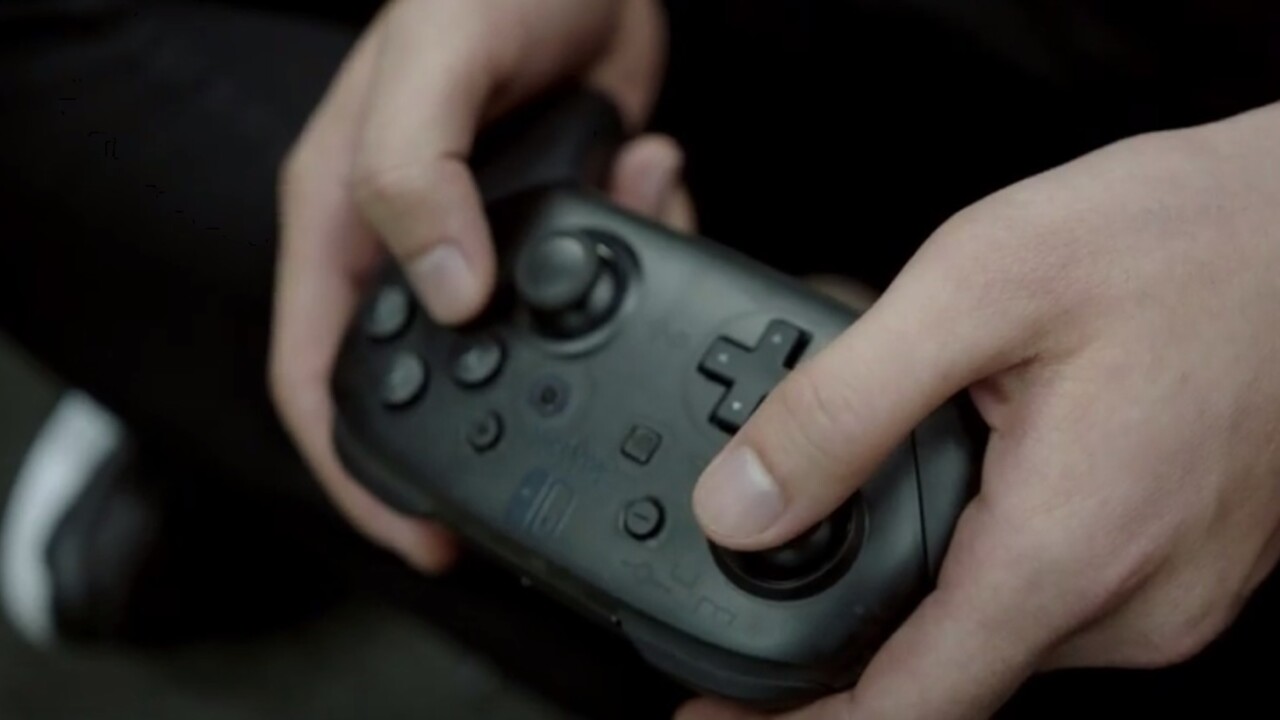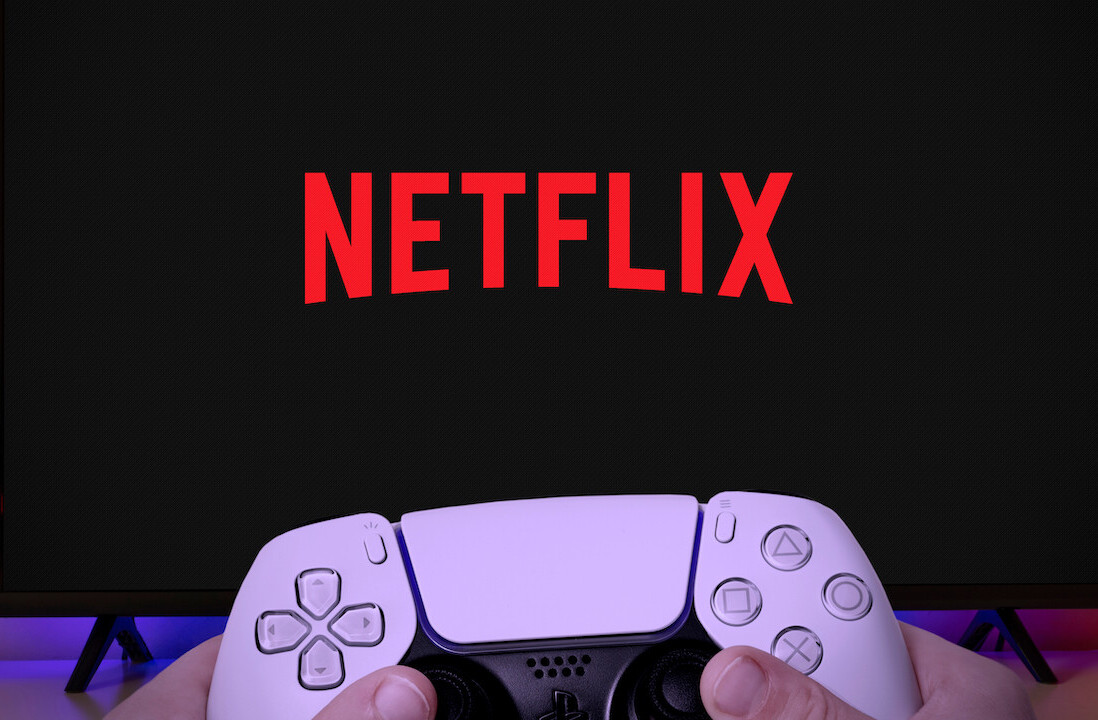
The World Health Organization (WHO) recently released the latest draft of its International Compendium of Diseases. Two of the most eye-catching additions to this update, the first in several years, are “hazardous gaming,” and “gaming disorder.” This would effectively put a gaming addiction on the same level as that of a substance addiction.
The entry for “hazardous gaming” reads as follows:
Hazardous gaming refers to a pattern of gaming, either online or offline that appreciably increases the risk of harmful physical or mental health consequences to the individual or to others around this individual.
The entry for “gaming disorder” reads:
Gaming disorder is characterized by a pattern of persistent or recurrent gaming behaviour (‘digital gaming’ or ‘video-gaming’), which may be online (i.e., over the internet) or offline, manifested by: 1) impaired control over gaming (e.g., onset, frequency, intensity, duration, termination, context); 2) increasing priority given to gaming to the extent that gaming takes precedence over other life interests and daily activities; and 3) continuation or escalation of gaming despite the occurrence of negative consequences.
The sections into which these entries fall are about addictive behaviors. On the one hand, I do recognize the feedback loops of gaming can be addictive. At the same time, I’m not sure I’d put it in the same category as substance abuse and gambling addiction.
For its part, at least one body in gaming has pushed back against the inclusion of gaming in the Compendium. The Entertainment Software Association said in a statement to Gamasutra:
The World Health Organization knows that common sense and objective research prove video games are not addictive. And, putting that official label on them recklessly trivializes real mental health issues like depression and social anxiety disorder, which deserve treatment and the full attention of the medical community.
The ESA has asked the WHO to reconsider its revisions with respect to gaming.
h/t Eurogamer
Get the TNW newsletter
Get the most important tech news in your inbox each week.





